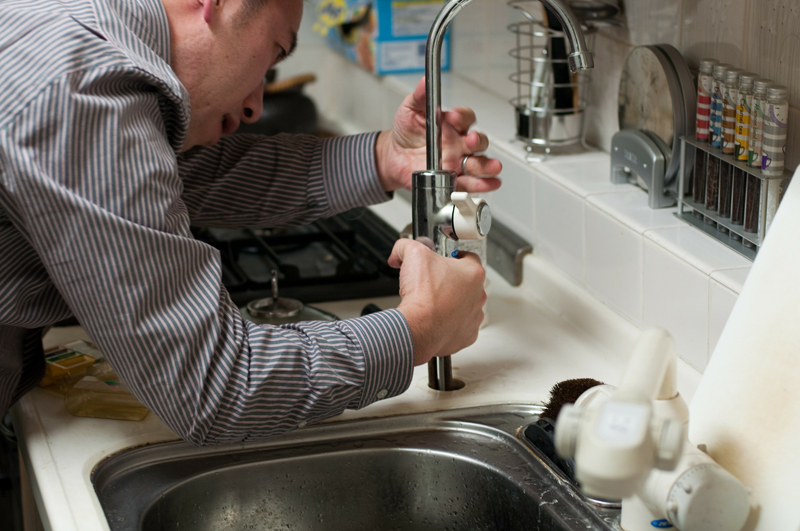
David Holmes, founder at Boiler Guide, explores the issues around mental health for self-employed tradespeople in the plumbing and heating industry, as well as some recommended coping techniques which may help those affected.
The latest statistics tell us that around one in four people in the UK will experience mental health problems during their life, and people working in the trades are at a higher risk of suicide by as much as 1.6 times the national average. But why are self-employed tradespeople at a higher risk of mental health problems and what can plumbers and heating engineers do to take care of their own mental health?
Loneliness
While it’s well-known that humans are pack animals and designed to interact and communicate our thoughts and feelings, self-employed engineers can be alone for much of their working life. While it may seem that installers are meeting people all the time because they are in and out of people’s homes, these relatively brief interactions with customers are not the same as building long-term relationships with co-workers, or having the opportunity to confide in or seek support from a manager.
And, even if an engineer works alongside others, they often choose not to share. Bottling up feelings is a stereotypical trait associated with men and as the trades are still dominated by men, it’s not absurd to suggest that men may feel they would be judged, or thought less of, if they were to talk about their mental health.
Technology and the internet has opened up a whole world of communication options which tradespeople can use to stay connected to friends, family and even fellow engineers. Twitter, for example, is popular with tradespeople all over the country who use it not only to share professional insight and advice, but also as a support network and a platform for social interaction.
Stress and exhaustion
Being self-employed can make for a hugely rewarding career both financially and in terms of a sense of accomplishment, provided you can make it work. On the other hand, many face high levels of stress, especially in the early years when trying to find regular work and keep themselves above water financially. Add in the occasional difficult, frustrated or uncooperative customer and it’s clear to see why pressure and negativity could build.
Plumbing and heating jobs are often complex and require long hours to complete, including weekends. A recent survey found that heating engineers take just 18 days holiday (on average), with the most common reason being that taking time off would result in lost income. A busy lifestyle lacking in rest and relaxation can lead to physical and mental burnout if allowed to continue for too long, while spending very little quality time with friends or family can also contribute to feelings of isolation and depression.
Look after yourself and bring some work-life balance back to your life. For example, take time off from work at least once a week to do something you enjoy with friends and family, and look at your budget to see if you can save for a special holiday at least once a year.
Physical health issues
Physically demanding jobs which involve dangerous tools and chemicals, heavy lifting and hot water can lead to life-changing injuries and/or disabilities, chronic pain or skin conditions. What’s more, installers tend to kneel and bend regularly on the job, which could lead to debilitating pain or even permanent damage.
Your physical and mental health are connected, so make sure you see a doctor if you have an injury or condition you’re concerned about. To give your body and mind the best chance of functioning at their best, get plenty of sleep every night, eat a balanced and nutritious diet and try to get regular exercise.
For more information on mental health issues, either for yourself or for advice on supporting employees, friends or family members who may be affected, the following UK charities are great places to start: Mates in Mind, Mind UK and The Samaritans.
www.boilerguide.co.uk
www.matesinmind.org
www.mind.org.uk
www.samaritans.org













